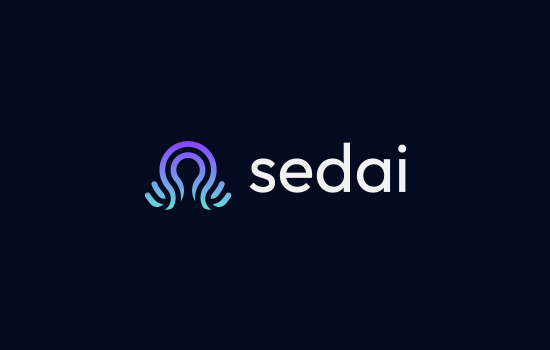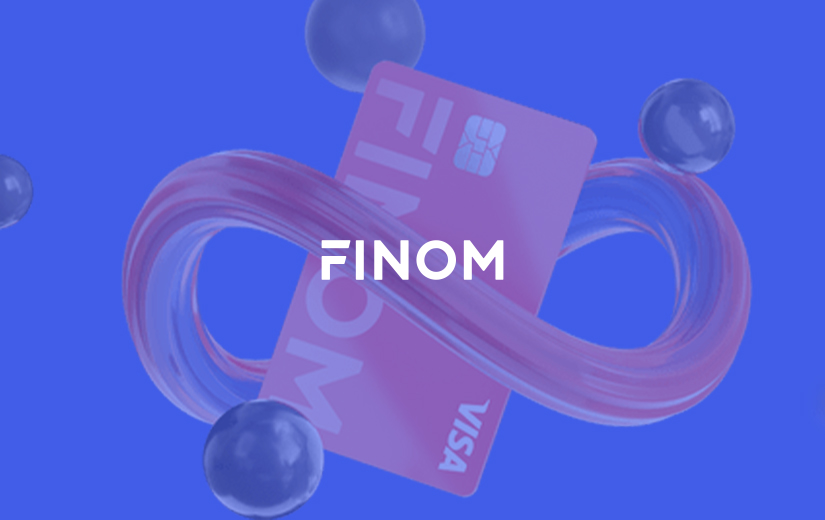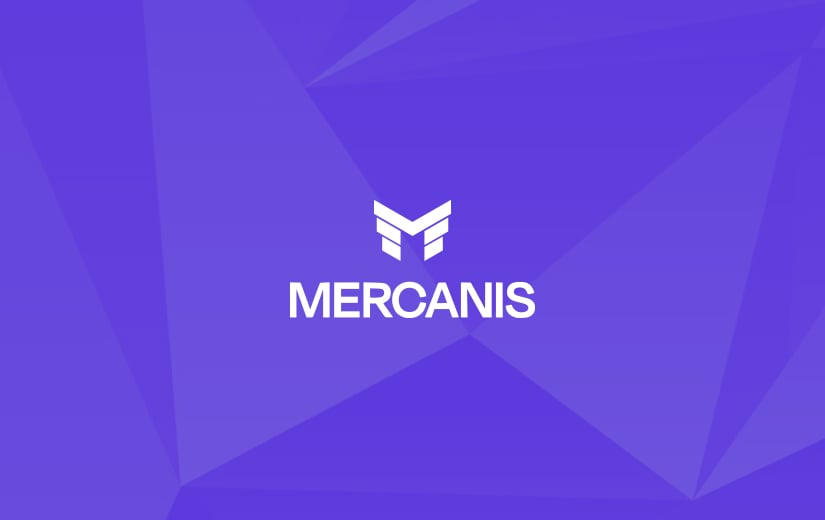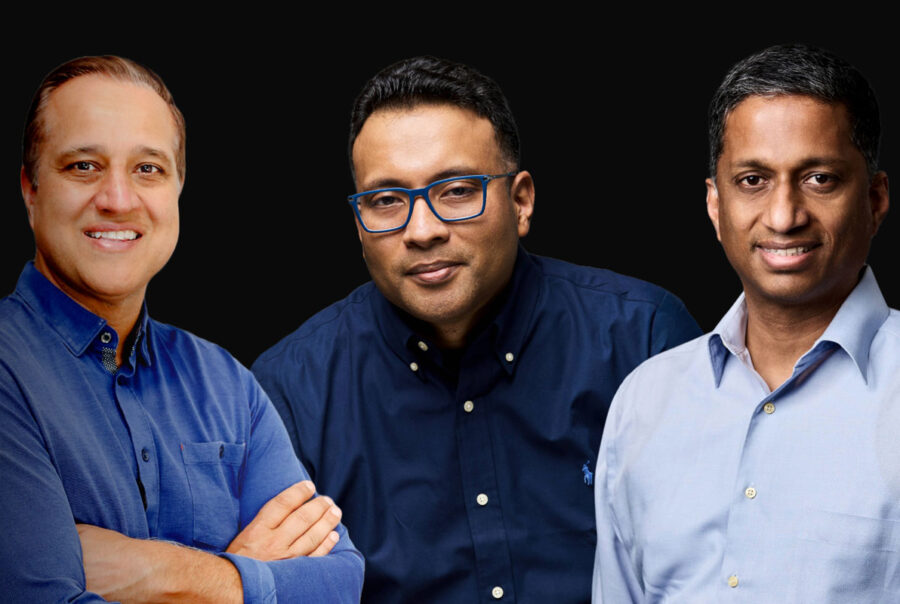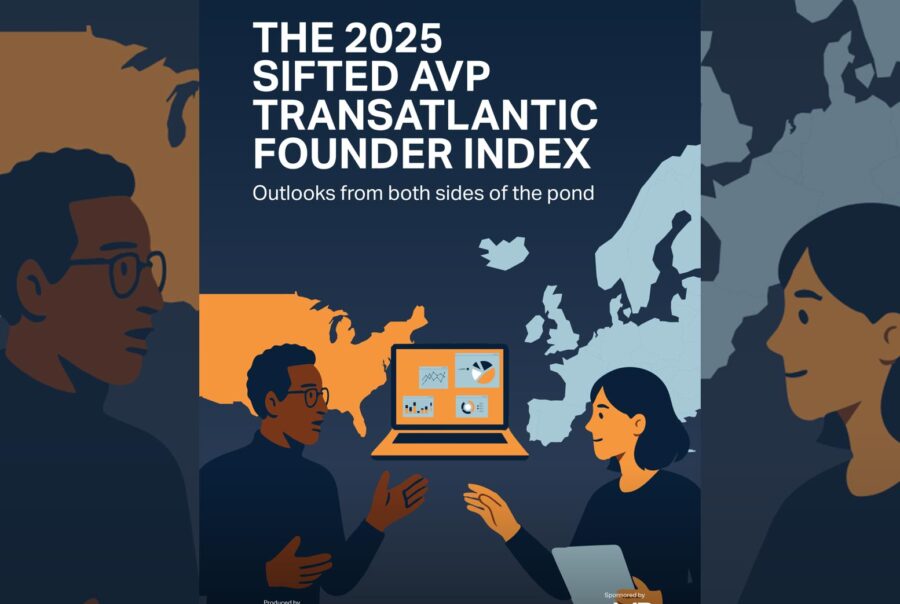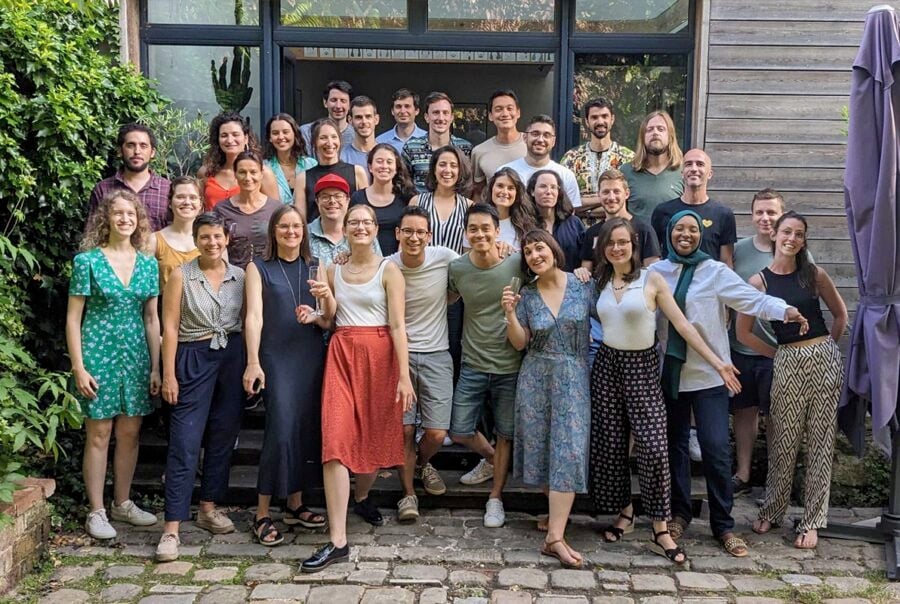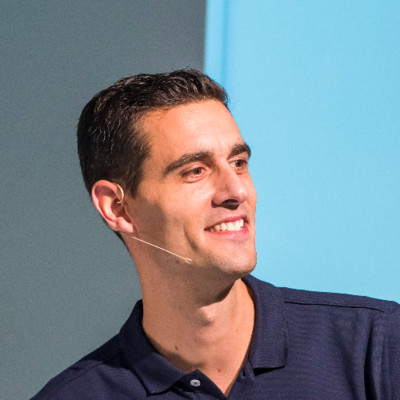
Allard Buijze,
Co-founder of AxonIQ
In non-technical words, what would you say is the problem AxonIQ is trying to solve?
It is related to the complexity of software. In the past 2 decades, the role of software has tremendously changed from a thing on the side to where the software takes over how the business is run. Demand for software is growing; users are becoming more demanding. The problem we are trying to solve is also becoming more complex. We use simple architectural solutions to solve complex problems. We are changing the mindset of how software needs to be built, and we use an event-driven approach; we align the solution to how the business is run; in that way, the software becomes easier to understand and maintain and more scalable and powerful.
What is your main role as CTO at AxonIQ? How do you balance software development and research?
It is difficult to answer this question. What you do as a CTO, and what you do as a passionate idiot for event-driven software, and your responsibilities as a founder. I focus on the things our technology provides. It takes a lot of communication between humans. To know what you need to build, you must talk to many people and avoid making assumptions. I talk with customers all the time. How do I balance it? Well, I don’t. Of course, a lot is overlapping to get these customers’ insights into new solutions but finding a balance is always hard.
What is the latest product or project you are working on, and what will it solve?
A couple of products we are working on. One to highlight is Axon Synapse. We build a framework and a messaging platform to help developers and architects build complex systems. The disadvantage is that you cannot fit a framework into an existing process. You need at least a new component. How do we get more ecosystems and programming languages connected and have similar benefits as we offer with Axon Framework? Axon Synapse is going to address this, it is in beta, and as we explore this, we get into new options and ideas which we explore further. Every time we do something, release often, and get small groups of people to work on it, they look at things differently. If your solution does not help them solve their problem, they will not use it. Founders often work on something secret, but if you keep it a secret, you have no business. You cannot sell it. Gather feedback and identify your target audience to discuss your products and solutions, including the features, but be careful with interpretation.
In your own words, where do you see the future of Open Source heading?
Axon Framework, built in Java, is Open Source. After that, we worked on the messaging platform and event storage called Axon Server. Axon Server has an Open Source version too. I see the future of Open Source (a combination of hope, reality, and expectations) evolving from a group of passionate idiots sharing ideas and improving things (which makes the software very accessible). Everybody will see it, so a lot of focus is on high quality. The problem: it is not sustainable. Things happen in life that change how you spend your time. A lot of Open Source projects start as experiments. Like Axon Framework started as an experiment for me. Open Source is becoming more corporate these days.
It happens in two ways.
Good way: we are passionate about this and want as many people to use it
Bad way: dump the burden of maintaining something to the community, say: good luck with it, we are not going to do anything with it.
When Open Source solutions are used commercially to drive value for businesses, companies have a responsibility to give back. One way or another. It can be payments; it can also be hiring that person to consult you. Instead of getting requests like We are a big corporate and are using your software, it is very important that you fix this problem right here, right now, and it is your responsibility to make it happen as you build it. No, it is not. Individuals in larger organizations need to recognize their own responsibility. Open Source can become a way for people to show initiative and improve the community as a whole.
Allard, you are also a very talented speaker; what will be your advice for future founders trying to find their way in this “roller coaster journey” called entrepreneurship?
You need a lot of different traits in managing a startup. No individual will have them all. Good entrepreneurs are able to find people who complement them and get them around them. Organizations founded by two techies, introverts, are not enough. I am not an extrovert, so I remember very well my first speaking engagement. I was very nervous and happy when it was over. In the hallway, people started approaching me with questions. The feedback in the hallway is biased; only those who like it approach you. With that, you are making an impact on people’s jobs. And that worked as a great motivation to do speaking engagements more often, and your audience becomes bigger and bigger over time. I needed to become more comfortable on stage. So I did a public speaking training. I learned a few tips and tricks to be more comfortable on stage. You learn how to emphasize certain points in a proper way which makes being on stage more fun.
Final advice: Diversity. It means everything. Getting people in your company that do not share the same values and experiences as you. People with a different point of view. To see things in 3D, you need at least two points of view. That is why our eyes are a couple of centimeters apart. It is the same in business. When you build a company with your best friend, that might not be the best business partner for that reason. You need to be able to disagree with someone to come up with a better alternative. Gather people around you sharing the same goals but with different points of view to get a deeper experience.
